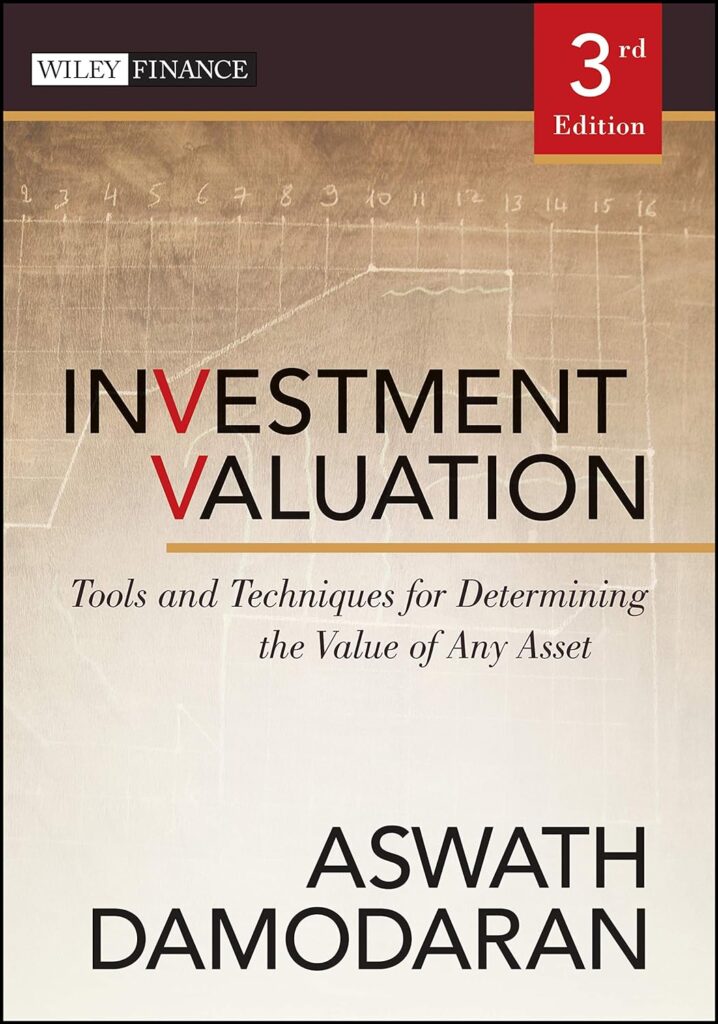Philosophical basis for valuation
“A postulate of sound investing is that an investor does not pay more for an asset than it is worth,” says Aswath Damodaran, the well-known author of “Damodaran on Valuation”, a book on security analysis for investment and corporate finance.
“The statement may seem logical and obvious, but it is forgotten and rediscovered at some time in every generation and in every market,” says Aswath Damodaran, a valuation professor hailed as the best valuation teacher around.
Professor Damodaran dismisses as “patently absurd” the view that value is in the eyes of the beholder and that any price can be justified if there are other investors willing to pay that price. “Perceptions may be all that matter when the asset is a painting or a sculpture, but we do not and should not buy most assets for aesthetic and emotional reasons; we buy financial assets for the cash flows we expect to receive from them,” the valuation guru says in his book.
So perceptions have to be backed up by reality, implying that the price paid for any asset should reflect the cash flows it is expected to generate.
While there are many aspects of valuation where people can agree to disagree, including estimates of true value and how long it will take for prices to adjust to that true value, there is one point on which there can be no disagreement, says Professor Damodaran. “Asset prices cannot be justified by merely using the argument that there will be other investors around who will pay a higher price in the future.” That is a very expensive game of musical chairs. The person who believes there will be a bigger fool around might end up being the biggest fool of all.
“Damodaran on Valuation” is one book that is highly recommended to be in the bookshelf of anyone interested in the theory or practice of valuation.
